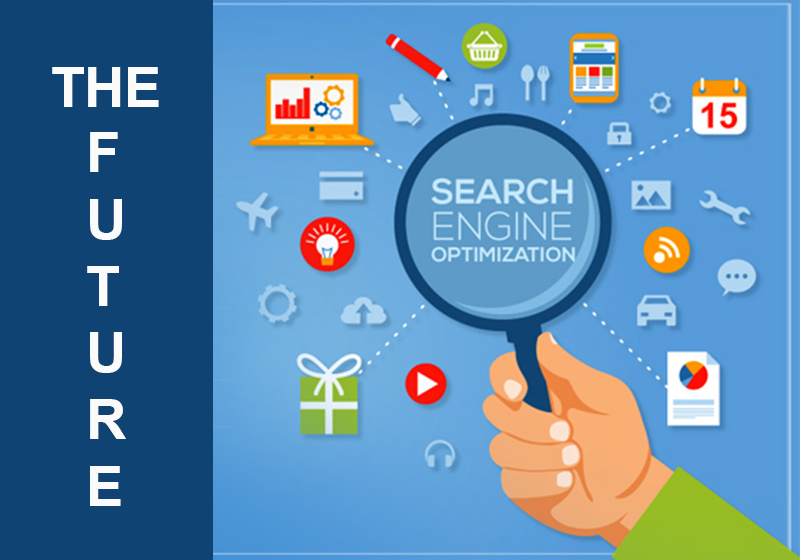Data analytics is the process of analyzing and interpreting data to extract insights and make informed decisions. In the business world, data analytics plays a critical role in making informed and effective decisions. The ability to analyze large amounts of data has revolutionized the way organizations operate and compete in the marketplace. By leveraging data analytics, businesses can gain valuable insights into customer behaviour, operational performance, and market trends, which can lead to improved decision-making, increased efficiency, and increased profitability.
The rise of big data and advanced technologies has made it easier for organizations to collect and store large amounts of data. This has led to an explosion of data analytics tools and techniques that can be used to analyze this data. Some of the most common data analytics techniques include descriptive analytics, diagnostic analytics, predictive analytics, and prescriptive analytics.
Descriptive analytics is the process of summarizing and describing data. It provides a snapshot of what has happened in the past and can be used to identify trends, patterns, and outliers in the data. This type of analysis is often used to gain a better understanding of the data and identify areas for further investigation.
Diagnostic analytics takes descriptive analytics a step further by looking at the causes of events or patterns in the data. This type of analysis is often used to identify the root cause of a problem or to find out why something is happening. It is often used in conjunction with descriptive analytics to provide a complete understanding of the data.
Predictive analytics uses statistical models and algorithms to make predictions about future events or outcomes. This type of analysis is used to identify potential risks and opportunities, and to make informed decisions based on these predictions. Predictive analytics can be used to make predictions about customer behaviour, market trends, and even financial performance.
“If you wanna do data science, learn how it is a technical, cultural, economic, and social discipline that has the ability to consolidate and rearrange societal power structures.”
Prescriptive analytics goes beyond prediction and provides specific recommendations or solutions to problems. This type of analysis uses algorithms and mathematical models to optimize decision-making and to find the best course of action for a given problem or situation. There are several key benefits to using data analytics for business decision making. One of the biggest benefits is the ability to make informed decisions based on data rather than intuition or gut feelings. Data analytics allows organizations to make decisions based on evidence and data, which can lead to improved decision-making and increased efficiency.
Data analytics can also help organizations to identify trends and patterns in their data, which can provide valuable insights into customer behaviour, market trends, and operational performance. This can help organizations to make informed decisions about their products, services, and operations, which can lead to increased competitiveness and profitability.
Another benefit of data analytics is the ability to improve efficiency by automating repetitive tasks and processes. For example, organizations can use data analytics to automate tasks such as data processing, data cleaning, and data analysis, which can free up valuable time and resources for other tasks.
Finally, data analytics can help organizations to make better use of their data by leveraging advanced technologies such as machine learning and artificial intelligence. These technologies can help organizations to extract valuable insights from large amounts of data and can also be used to automate repetitive tasks and processes, freeing up valuable time and resources for other tasks.
Conclusion
data analytics plays a critical role in the business world, and its importance will only continue to grow in the years to come. By leveraging data analytics, organizations can make informed and effective decisions, improve efficiency, and increase competitiveness and profitability. Whether it’s through descriptive analytics, diagnostic analytics, predictive analytics, or prescriptive analytics, data analytics provides organizations with valuable insights into their data that can help drive business success.



